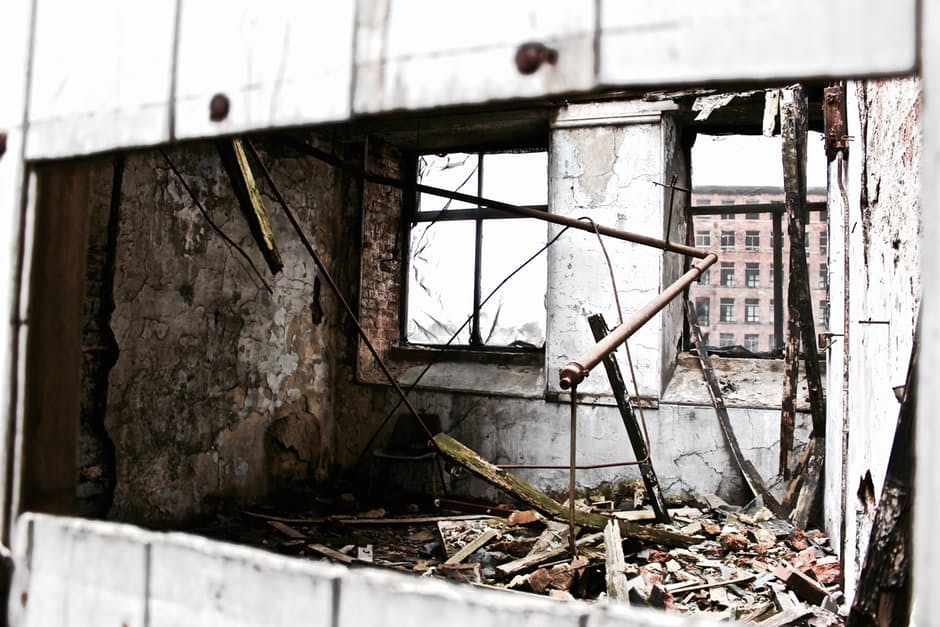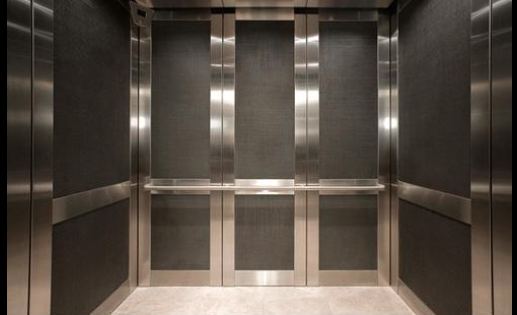If you work with an elevator company you likely have a full maintenance agreement. But one day your account manager may offer you an oil and grease contract. These contracts go by many different names, but they are the cheapest contract and cover the least amount.
What does an oil and grease (OG) contract cover?
Oil and grease contracts will vary but typically they offer very limited preventive maintenance. Most contracts will reference some light lubrication as the preventative maintenance. One large company actually limits these visits to 15 minutes maximum. This is much different than what is contractually in a full maintenance contract. However, in today’s age you probably are not getting full preventive maintenance. It is probably closer to the preventive maintenance of an oil and grease contract.
An OG contract will not cover any parts, or service calls. Here is the major difference between the full maintenance contract and oil and grease contract. That means any service call will be billed at those high elevator billing rates! Furthermore, if a part is broken you will be stuck bearing the full cost. That means you can expect major markup from your elevator company on the parts and service (200%+ in many cases).
Finally, many oil and grease contracts will not cover inspections, but this may vary. Inspections are typically required in most jurisdictions so expect to receive an invoice for this work.
Do you want an oil and grease contract?
Oil and grease contracts are about 1/3 as expensive as a full maintenance contract. If you receive an OG proposal that is close to price to a full maintenance agreement, run!
You could have significant savings from an oil and grease contract. If you have a new elevator that is rarely used this may be the kind of contract you want. Let’s do some math on a building with one hydraulic elevator!
O&G Contract: $75/month or $900/year + a $300 bill for the annual inspection = $1200/year
Full maintenance contract: $200/month or $2400/year
With no callbacks that is savings of $1200! For simplicities sake you, we can say that each callback is $300-$600. So if you have a couple callbacks, well then you are out luck, and will owe more than a full maintenance contract, especially if you need a part replaced. My recommendation would only be to have an oil and grease contract if cash flow is important, you can accept some risk, and your elevator is relatively new.

Also, if you are negotiating an oil and grease contract make sure to include your elevator inspection in the price. Since you will have to pay that cost anyways it makes sense to include it in your contract. Also, that way if an inspection goes over you will not be hit with a larger bill than you expected.
One additional thought I have is that if you have a very old elevator, and your elevator company is billing you anyways for all your calls because of your obsolescence clause then it may make sense to have an oil and grease contract, but I would suggest talking to a consultant first or more importantly thinking about modernizing your elevator.






